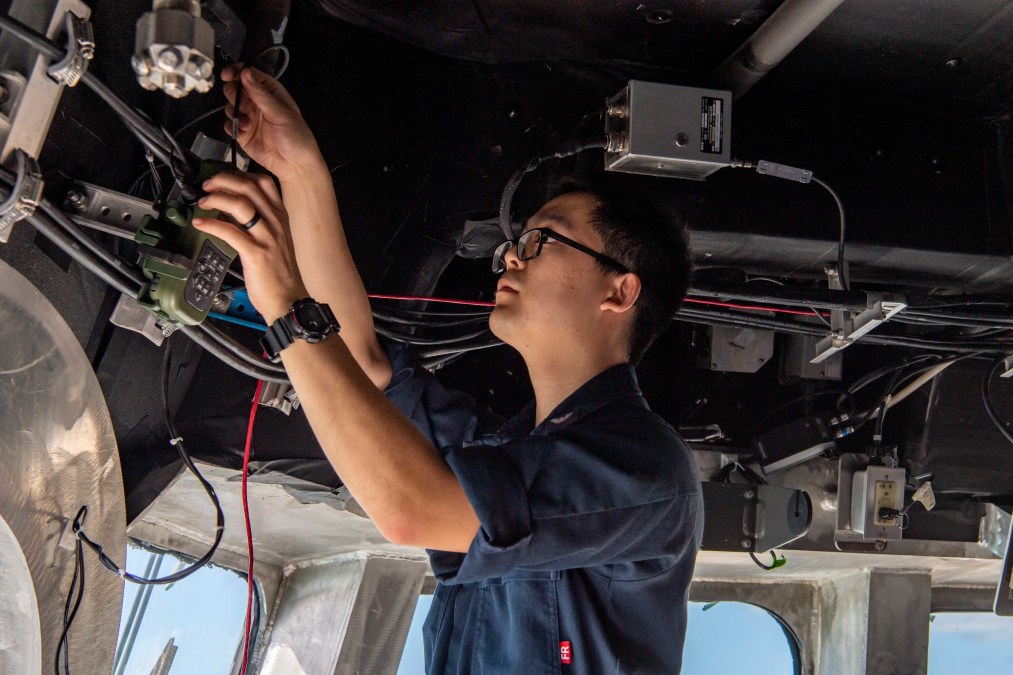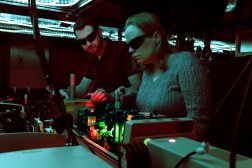Naval Research Lab scouting out industry’s cutting-edge PNT capabilities

The Naval Research Laboratory is currently conducting research and development of advanced position, navigation and timing (PNT) technologies, and it wants to find out if industry can contribute to space-related efforts.
According to a request for information posted to Sam.gov on Thursday, the NRL is looking for technical, engineering and scientific expertise and capabilities that can support the lab’s work in researching, testing and applying various kinds of space-based PNT technologies. The RFI aims to gauge initial industry interest and capability.
“The requirements will include development of appropriate hardware and systems; systems analysis, planning, management, engineering, data analysis and data collection, education, and documentation of space experiments and operational data; modeling and simulation; test and evaluation; and logistics support,” the document states.
Throughout the Defense Department, leaders have grown concerned about the vulnerability of the United States’ traditional PNT systems — namely GPS — to jamming attacks or interference. Adversaries like China have demonstrated capabilities that could degrade or disrupt GPS satellites and related systems.
In response, organizations in the Pentagon have begun researching how to implement diverse and alternative PNT capabilities and enabling technologies, such as quantum sensors. In April, the department altered oversight of the various PNT efforts in a new directive signed by Deputy Secretary of Defense Kathleen Hicks.
The Naval Research Lab’s advanced space PNT branch has also been supporting these efforts and has projects at various stages of development, including space- and ground-based systems, according to the RFI.
“An integral component of the branch’s PNT mission is supporting the development of a robust universal command and control system, advancing PNT performance analysis software, development and field testing for alternative methods of time transfer, and sensor-to-satellite RF systems engineering enabling more robust RF based PNT,” according to the document.
The NRL is especially interested in advanced PNT clocks — essential for accurate time measurement, positioning, navigation and synchronization — and the RFI lists several potential contractor tasks industry would conduct related to clock designs and theoretical topics.
One tasking would ask participants to “develop highly stable clock designs and identify factors influencing their operation for application to GPS and other PNT systems where improved clock stability will provide enhanced system results,” while another wants them to “utilize general relativity theory as it applies to clocks in satellites, on earth, and in space so that more accuracy can be obtained with GPS and other time dependent systems,” per the RFI.
Other tasks outlined are related to advanced sensing concepts, software engineering support for space systems, anti-jamming electronic equipment and more.
The deadline for industry to respond to the request for information is July 11.






